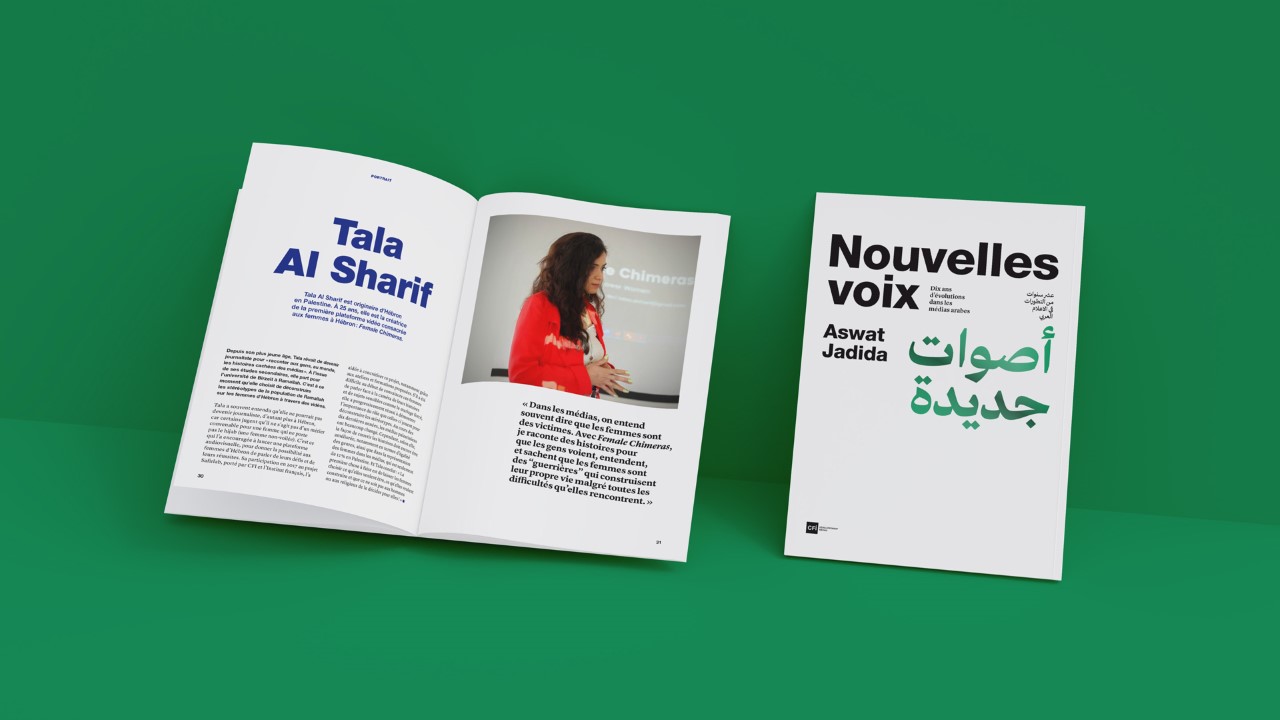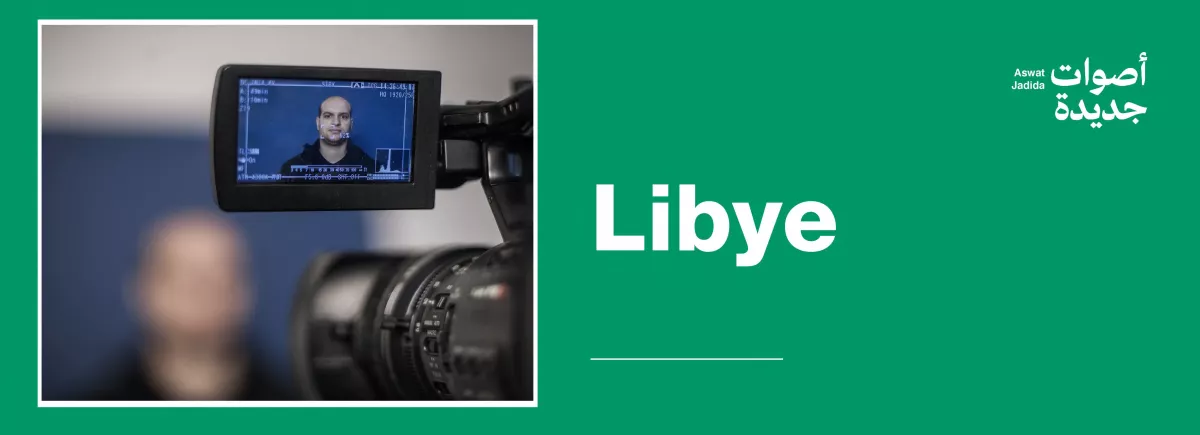
“I am a Libyan journalist”: contrasting perspectives on journalism
Related project
HiwarIn light of the challenges and conflicts Libya has experienced since 2011, the media have been assigned new roles.
In order to sustain democratic debate in Libya, CFI launched the Hiwar project in early 2017, in partnership with the Crisis and Support Centre of the French Ministry of European and Foreign Affairs.
Over a period of several months, this initiative offered an arena for self-expression, compiling various points of view on and by the Libyan press. 12 journalists from Libya, Jordan, Turkey, Egypt and Tunisia took part in workshops on various themes including ethics and a professional code of ethics, journalism and political functions, practising journalism in exile and journalistic independence.
Following these discussions, several attendees wrote a variety of pieces, giving their own accounts of their experience as a journalist in recent years and their current view of the media in Libya.
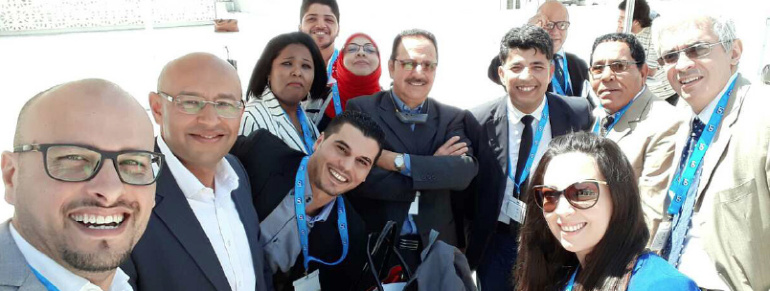
These testimonies are part of the booklet I am a Libyan journalist, which includes free texts prepared by the journalists of the Hiwar project.
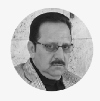 Here are a few extracts. With the outbreak of the revolution in February 2011, Libyans saw the emergence of several new TV channels and newspapers. Young journalists who had never practised this profession before made a name for themselves. They seized the momen to speak as one, in order to fight Gaddafi and put an end to his regime. “Those years taught us that central government was a burden the people had to bear. The absence or removal of authority was indeed one of the goals of the people protesting in the streets, shouting ‘the people will smash the regime’”, explained Khaled Al Dib, from Radio Libya, in Tripoli.
Here are a few extracts. With the outbreak of the revolution in February 2011, Libyans saw the emergence of several new TV channels and newspapers. Young journalists who had never practised this profession before made a name for themselves. They seized the momen to speak as one, in order to fight Gaddafi and put an end to his regime. “Those years taught us that central government was a burden the people had to bear. The absence or removal of authority was indeed one of the goals of the people protesting in the streets, shouting ‘the people will smash the regime’”, explained Khaled Al Dib, from Radio Libya, in Tripoli.
 Ibrahim Mohamad Alhaji recalled: “I joined this movement as a writer, having suffered oppression for many years. I couldn’t write what I wanted, only what others told me to write.” And he added: “A new era opened up and journalism prospered. Then lots of new leaders arrived. The red lines were redrawn, this time even more than before. New standards were imposed too:
Ibrahim Mohamad Alhaji recalled: “I joined this movement as a writer, having suffered oppression for many years. I couldn’t write what I wanted, only what others told me to write.” And he added: “A new era opened up and journalism prospered. Then lots of new leaders arrived. The red lines were redrawn, this time even more than before. New standards were imposed too:
 Working as a journalist in Libya today “is like walking through a minefield”, according to Sleiman Al Barouni from Radio Alwasat in Cairo. Unfettered freedom of expression has become an absurdity, primarily because of political funding and heavy corruption in the media.
Working as a journalist in Libya today “is like walking through a minefield”, according to Sleiman Al Barouni from Radio Alwasat in Cairo. Unfettered freedom of expression has become an absurdity, primarily because of political funding and heavy corruption in the media.
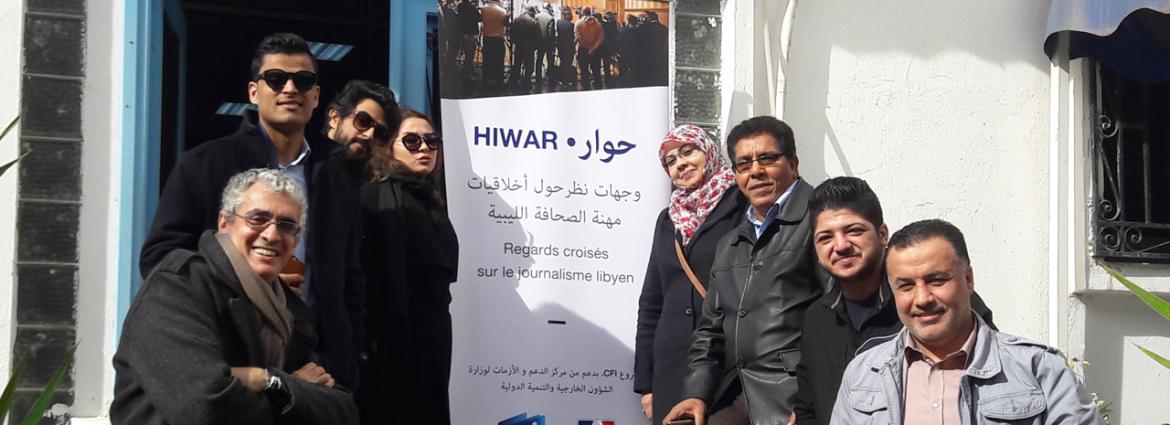
 As Tarek Abed Al Salam Al Houni, Chief Editor at Clouds news agency in Tripoli emphasised: “Before the Revolution, there was hypocrisy, flattery and praise. Since the Revolution, we’ve had political whims, vested interests, conspiracies and so on.”
As Tarek Abed Al Salam Al Houni, Chief Editor at Clouds news agency in Tripoli emphasised: “Before the Revolution, there was hypocrisy, flattery and praise. Since the Revolution, we’ve had political whims, vested interests, conspiracies and so on.”
 According to Houda Al Chaikhi, a journalist at the Libya Alhadath TV news channel in Benghazi: “Today we are not experiencing a crisis in the profession but rather a profession in crisis. This crisis has fettered journalism, using it as a lethal weapon against society. There is no professionalism and the forces at the heart of the conflict now refuse to tolerate each other or even coexist.”
According to Houda Al Chaikhi, a journalist at the Libya Alhadath TV news channel in Benghazi: “Today we are not experiencing a crisis in the profession but rather a profession in crisis. This crisis has fettered journalism, using it as a lethal weapon against society. There is no professionalism and the forces at the heart of the conflict now refuse to tolerate each other or even coexist.”
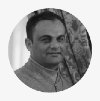 “I think that, as time goes by, journalism should no longer be thought of solely as a space in which we can connect with the world. I believe it is defined above all by terms such as responsibility, credibility, freedom, professionalism, respect for humanity and objectivity”, Rizk Faraj Rizk, a freelance journalist in Tobruk pointed out, concluding that: “I am a journalist. My weapon is my informed pen, which neither wounds nor ridicules. […] I am a Libyan journalist. My mission is noble.”
“I think that, as time goes by, journalism should no longer be thought of solely as a space in which we can connect with the world. I believe it is defined above all by terms such as responsibility, credibility, freedom, professionalism, respect for humanity and objectivity”, Rizk Faraj Rizk, a freelance journalist in Tobruk pointed out, concluding that: “I am a journalist. My weapon is my informed pen, which neither wounds nor ridicules. […] I am a Libyan journalist. My mission is noble.”
Through the testimonies, portraits of journalists and the human adventures of our series Aswat Jadida ("New Voices", in Arabic), discover ten years of support for media development in the Arab world.
